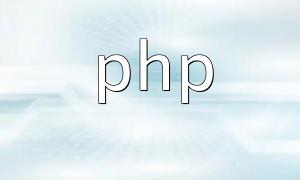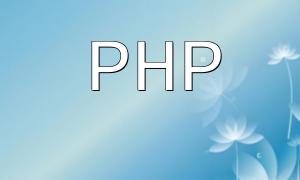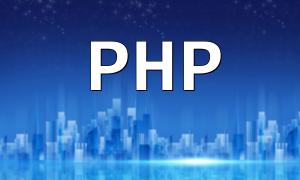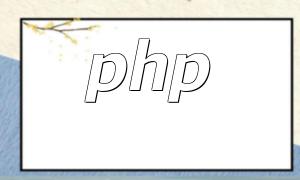Using PHP frameworks can significantly optimize the software development process, bringing multiple advantages while also presenting some challenges. This article explores how frameworks can change the development workflow.
PHP frameworks typically offer predefined architectures and directory structures, helping developers organize their codebase more effectively. Consistent placement of files and classes makes the code easier to find and manage, which significantly improves project maintainability.
Frameworks provide reusable components and modules, allowing developers to avoid building common features from scratch. Leveraging existing code blocks saves time and effort while increasing development efficiency and code consistency.
Most PHP frameworks include built-in features such as authentication, database connections, routing, and session management, so developers do not need to write custom code for these basic functions, further simplifying the development process.
Taking Laravel as an example, it provides an MVC (Model-View-Controller) architecture that makes organizing and managing code more efficient. Framework highlights include:
These features enable developers to quickly build and deploy web applications without manually implementing the underlying logic.
Despite many advantages, frameworks also come with some challenges to consider:
When deciding whether to adopt a PHP framework, it is important to consider project requirements, team capabilities, and long-term maintenance costs to weigh the pros and cons before making a decision.









